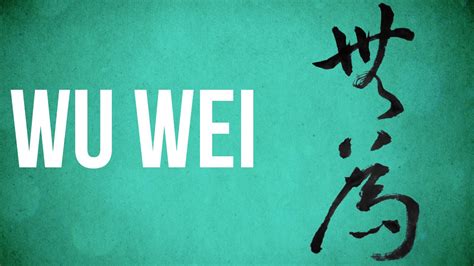A Quote by Bobby Fischer
Related Quotes
Whenever there is negativity in you, if you can be aware in that moment that there is something in you that takes pleasure in it or believes it has a useful purpose, you are becoming aware of the ego directly. The moment this happens your identity has shifted from ego to awareness. This means the ego is shrinking and awareness is growing.
Happiness is threatening and misery is safe - safe for the ego. Ego can exist only in misery and through misery. Ego is an island surrounded by hell; happiness is threatening to the ego, to the very existence of the ego. Happiness rises like a sun and the ego disappears, evaporates like a dewdrop on the grass leaf.
Man is a machine, but a very peculiar machine. He is a machine which, in right circumstances, and with right treatment, can know that he is a machine, and having fully realized this, he may find the ways to cease to be a machine. First of all, what man must know is that he is not one; he is many. He has not one permanent and unchangeable “I” or Ego. He is always different. One moment he is one, another moment he is another, the third moment he is a third, and so on, almost without end.
The man of genius is he whose ego has acquired consciousness. He is enabled by it to distinguish the fact that others are different, to perceive the "ego" of other men, even when it is not pronounced enough for them to be conscious of it themselves. But it is only he who feels that every other man is also an ego, a monad, an individual centre of the universe, with specific manner of feeling and thinking and a distinct past, he alone is in a position to avoid making use of his neighbours as means to an end.
Ego is neither positive nor negative. Those are simply concepts that create more boundaries. Ego is just ego, and the disaster of it all is that you, as a spiritual seeker, have been conditioned to think of the ego as bad, as an enemy, as something to be destroyed. This simply strengthens the ego. In fact, such conclusions arise from the ego itself. Pay no attention to them. Don't go to war with yourself; simply inquire into who you are.
Dismantling the ego, quieting the mind, isn't something you can actively undertake to do. It just happens on its own, when you consciously accept the moment you are in, when you don't fight the present reality with thoughts of how you'd like it to be otherwise, or what you're afraid the next moment might bring, when you don't resist with justification or regret or blame of self or other.
The term "self" seems a suitable one for the unconscious substrate whose actual exponent in consciousness is the ego. The ego stands to the self as the moved to the mover, or as object to subject, because the determining factors that radiate outward from the self surround the ego on all sides and are therefore supraordinate to it. The self, like the unconscious, as an a priori existent out of which the ego evolves. It is, so to speak, an unconscious prefiguration of the ego. It is not I who create myself; rather, I happen to myself.
As the ego becomes strong it starts surrounding intelligence like a thick layer of darkness. Intelligence is light, ego is darkness. Intelligence is very delicate, ego is very hard. Intelligence is like a roseflower, ego is like a rock. And if you want to survive, they say - the so-called knowers - then you have to become rock-like, you have to be strong, invulnerable. You have to become a citadel, a closed citadel, so you cannot be attacked from outside. You have to become impenetrable.
The ego isn't wrong; it's just unconscious. When you observe the ego in yourself, you are beginning to go beyond it. Don't take the ego too seriously. When you detect egoic behavior in yourself, smile. At times you may even laugh. How could humanity have been taken in by this for so long? Above all, know that the ego isn't personal. It isn't who you are. If you consider the ego to be your personal problem, that's just more ego.






























